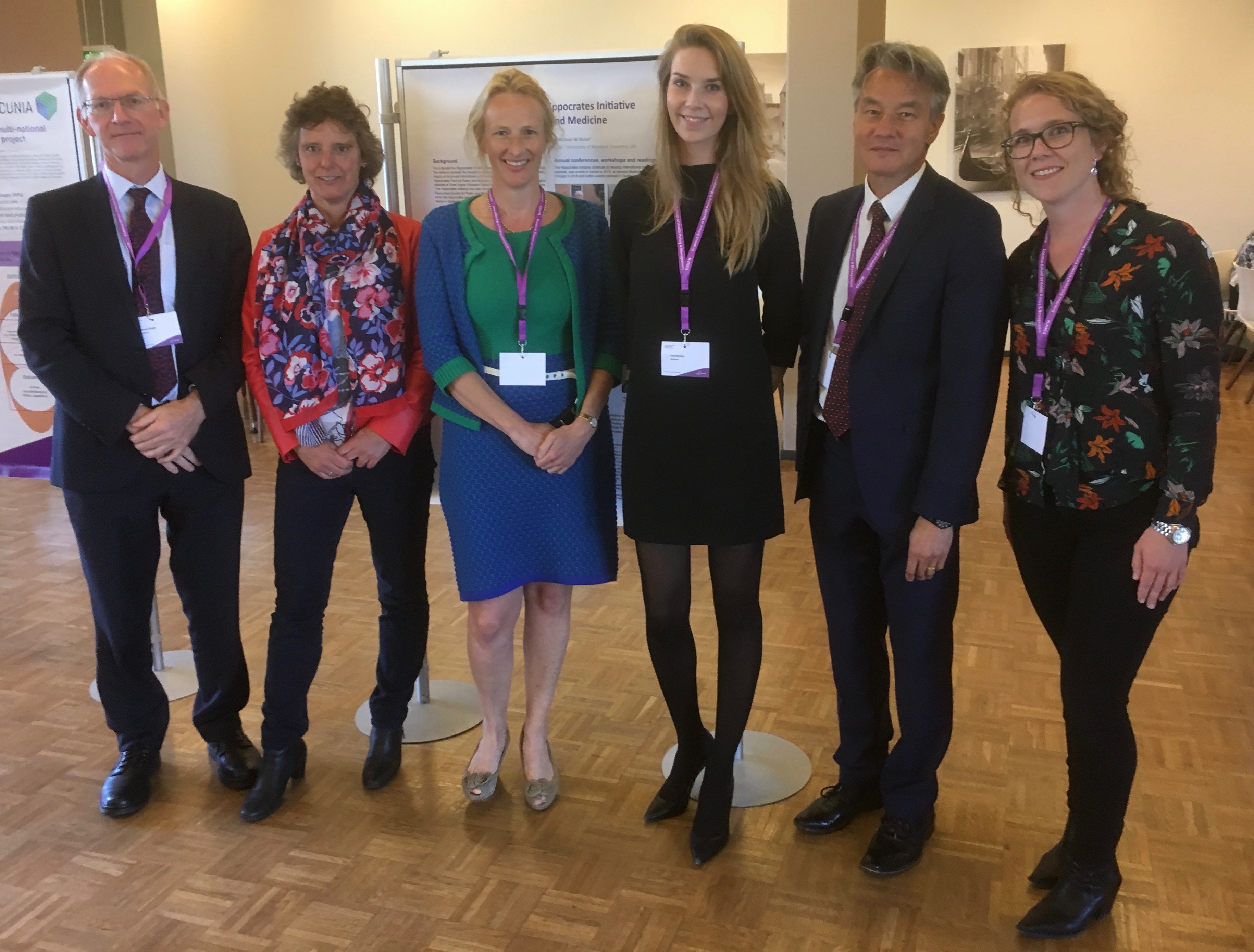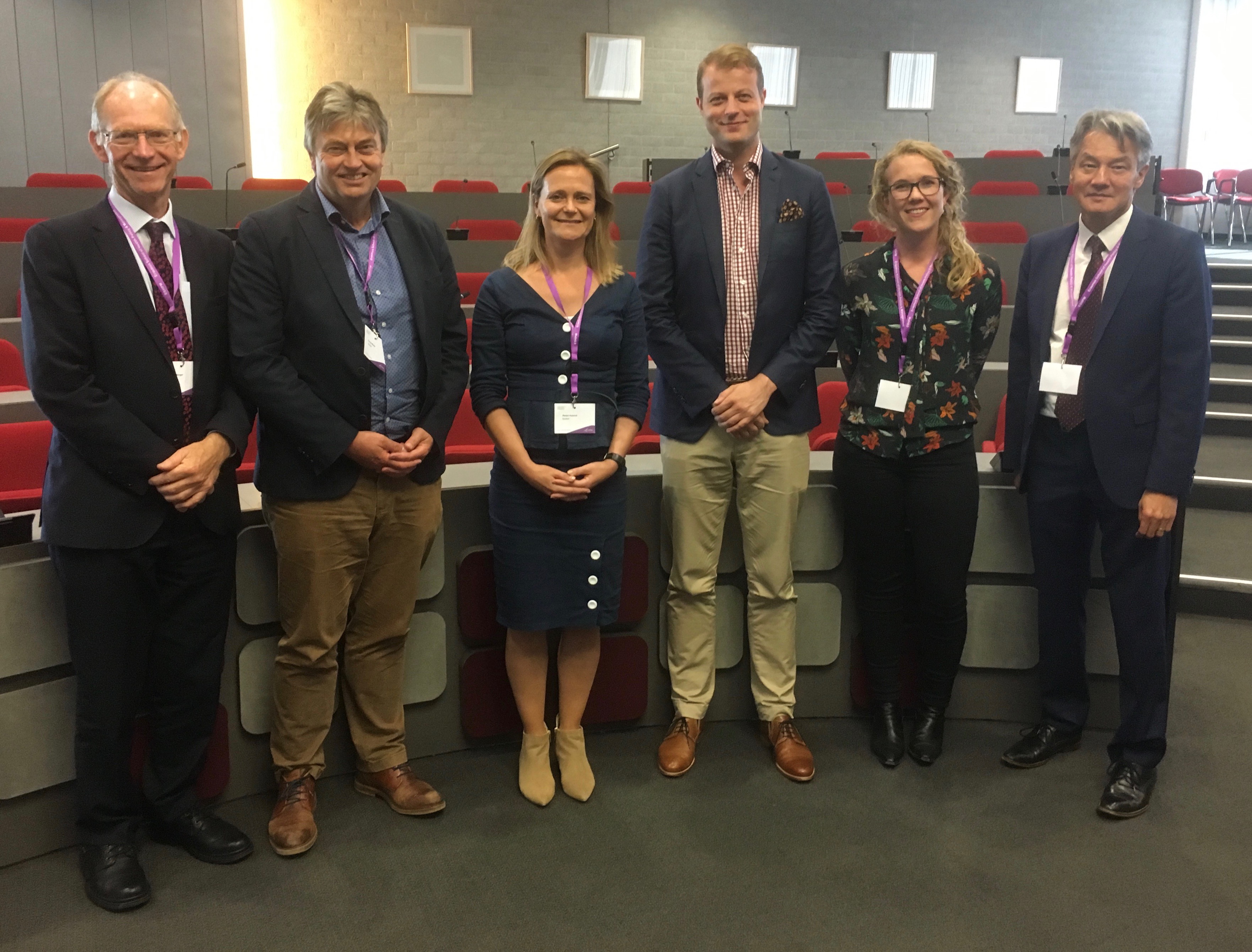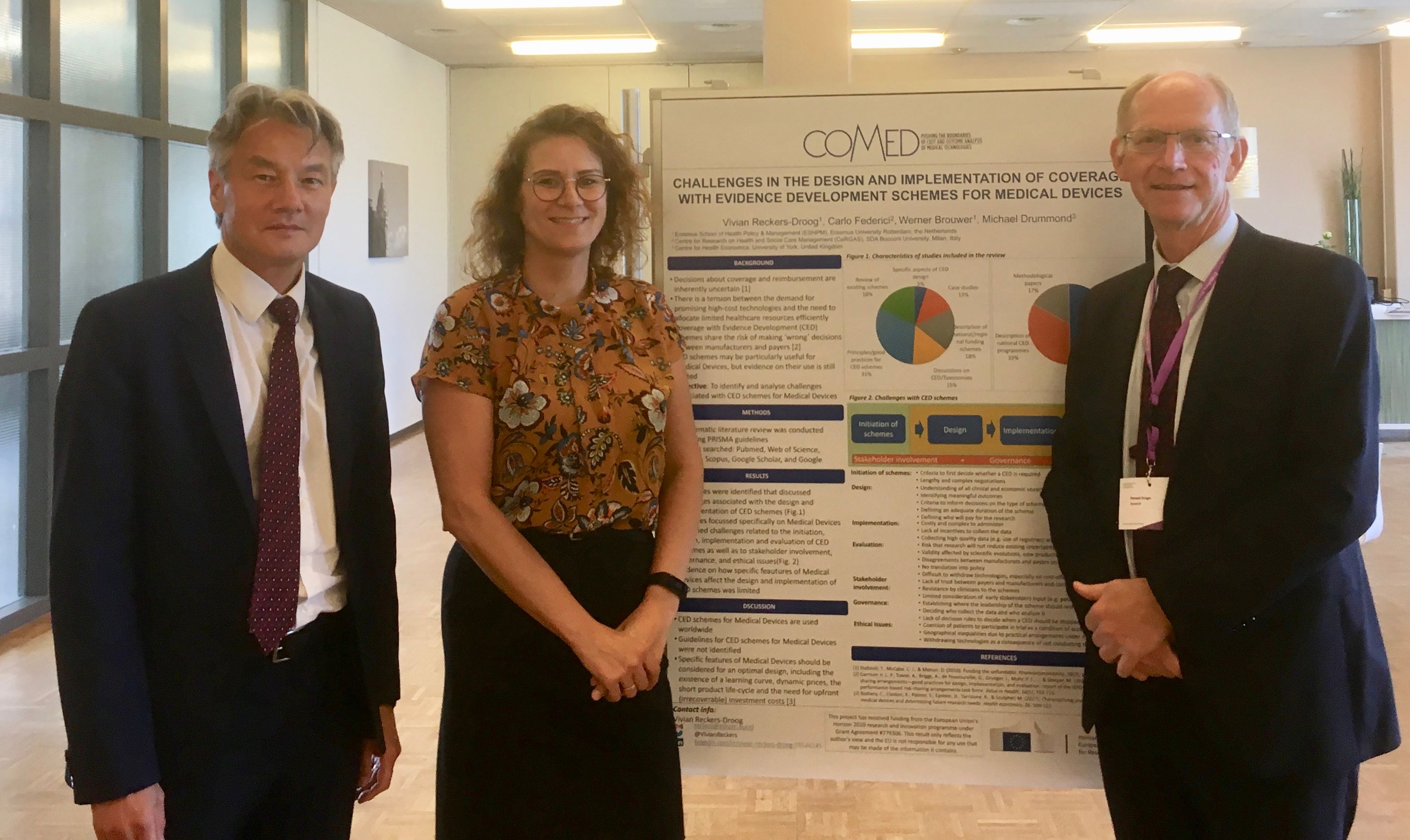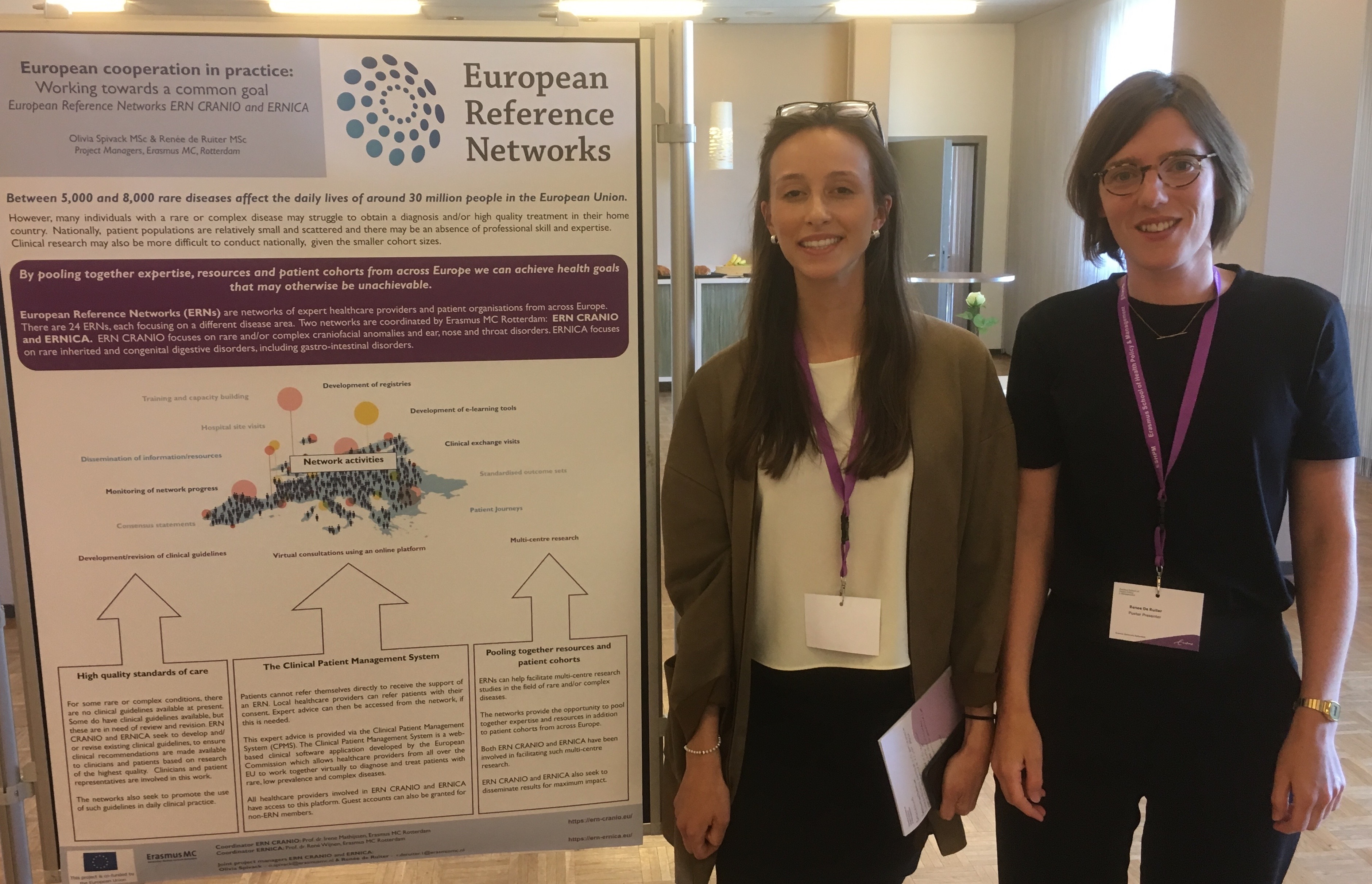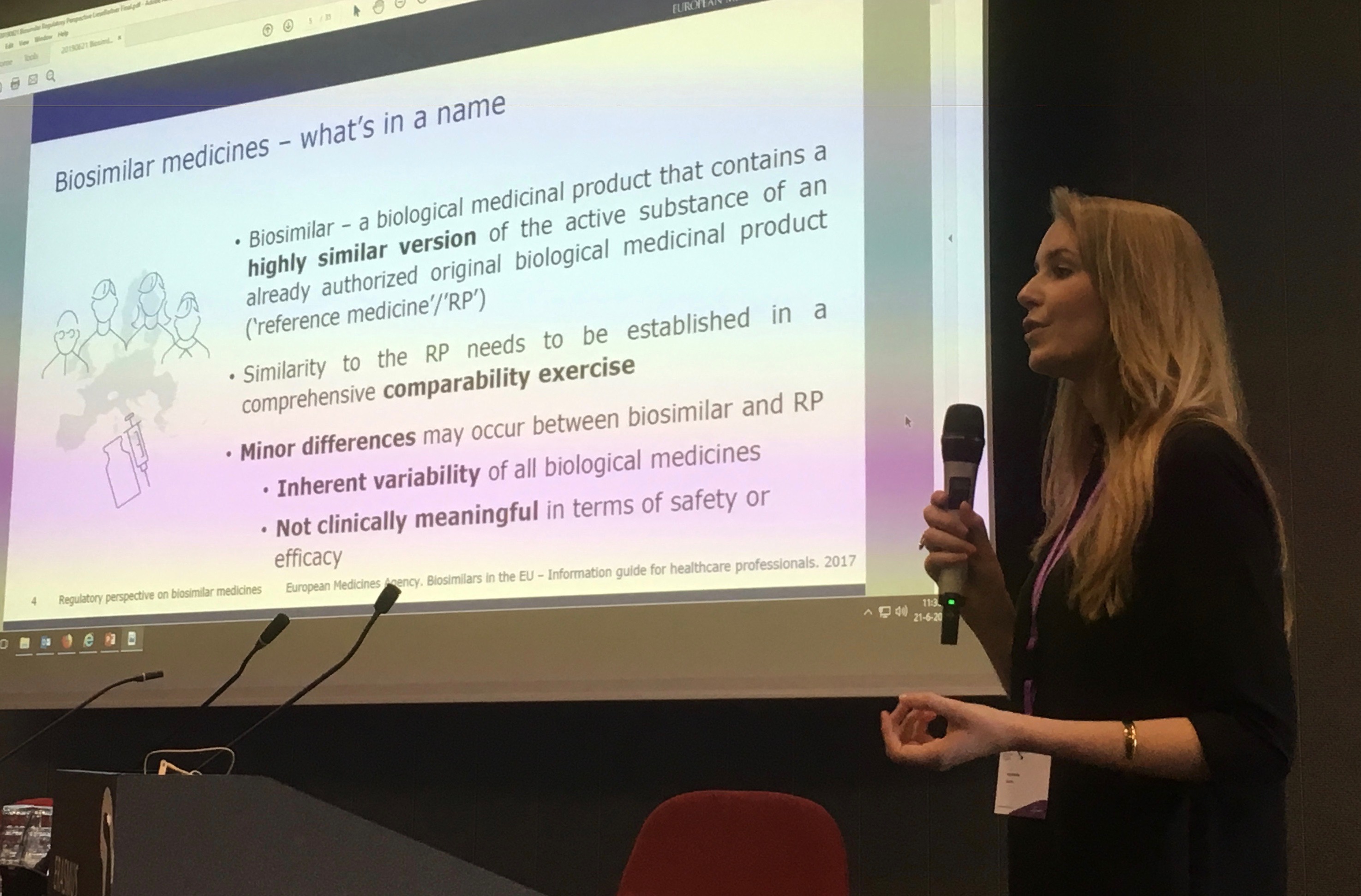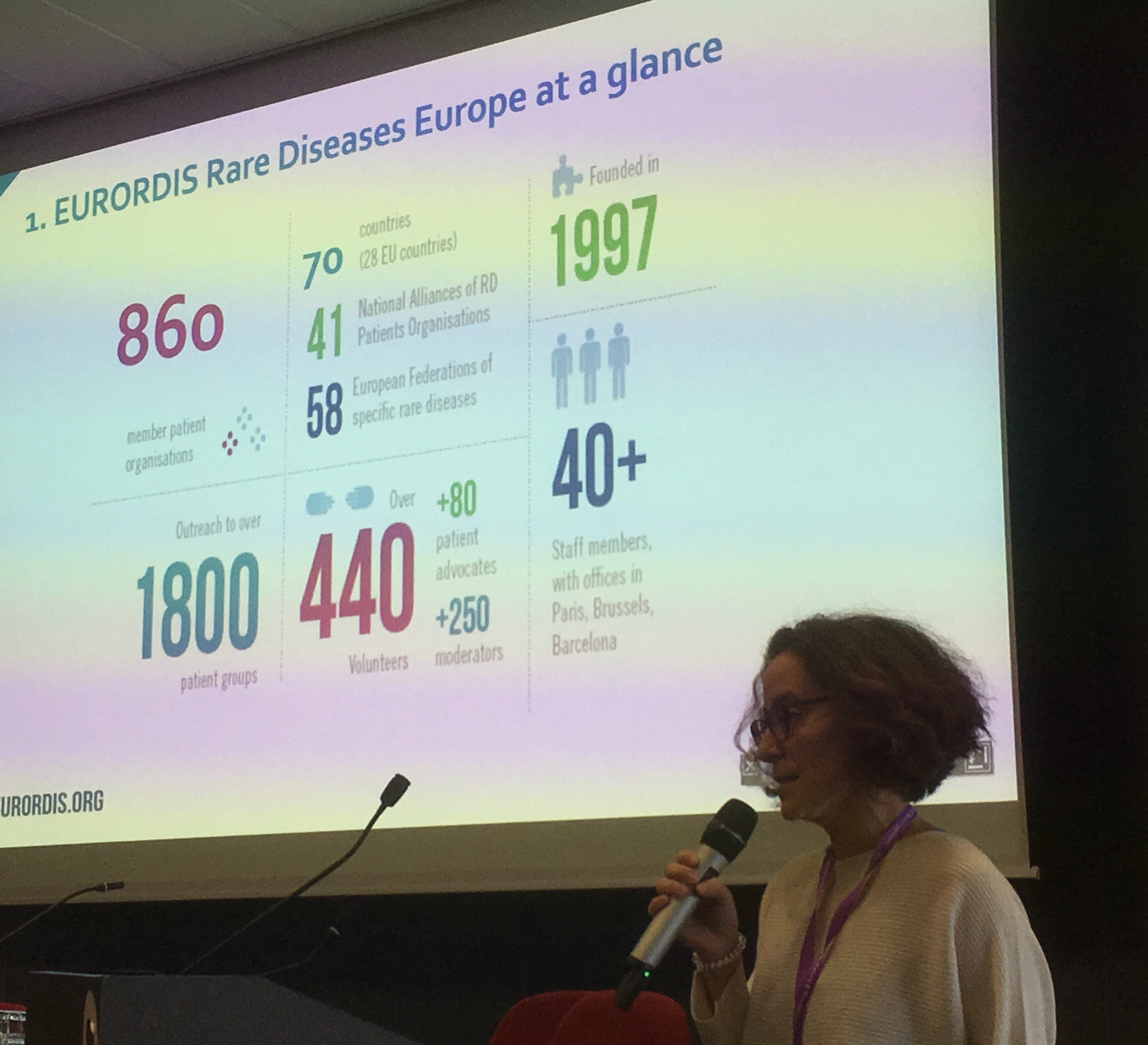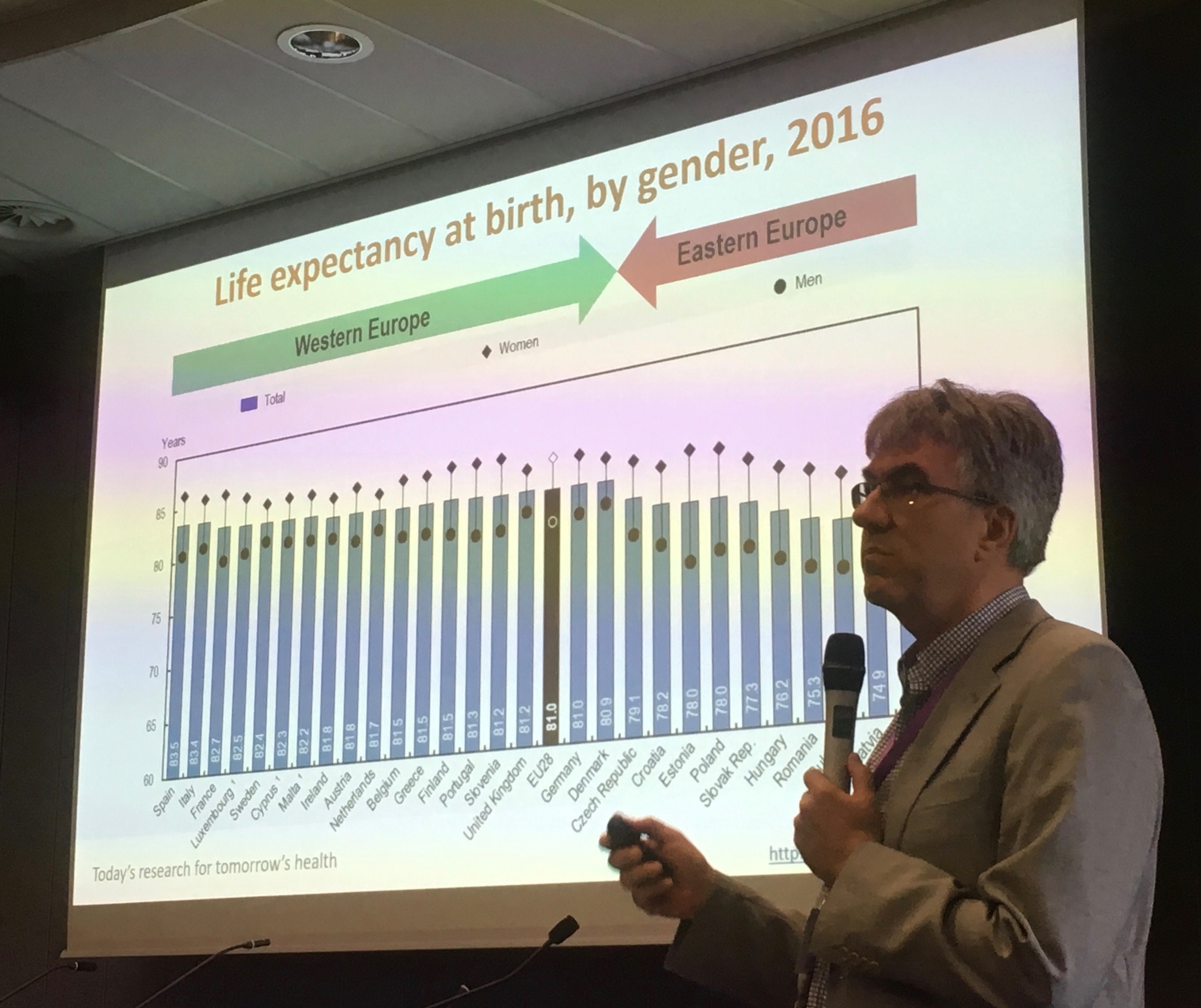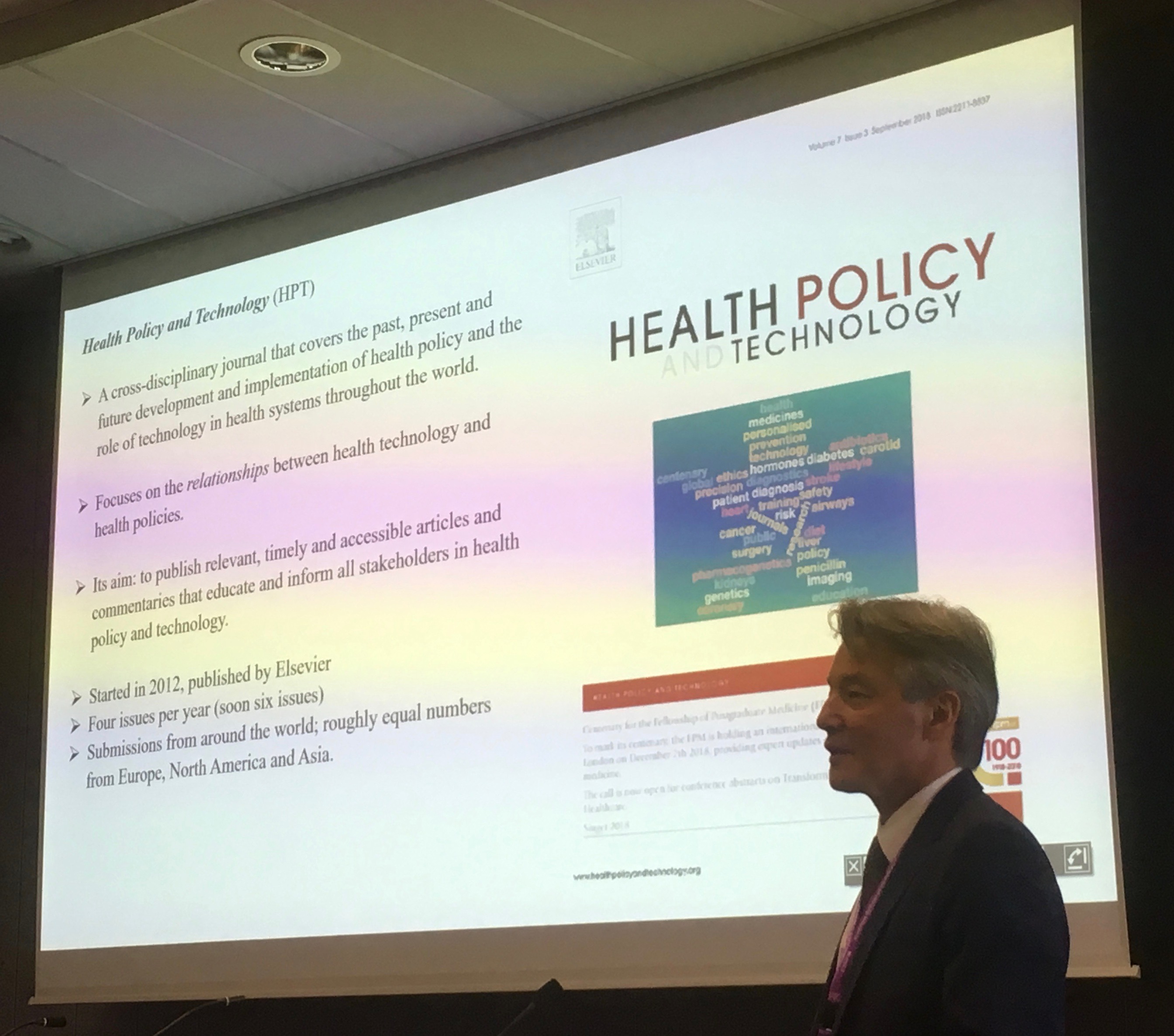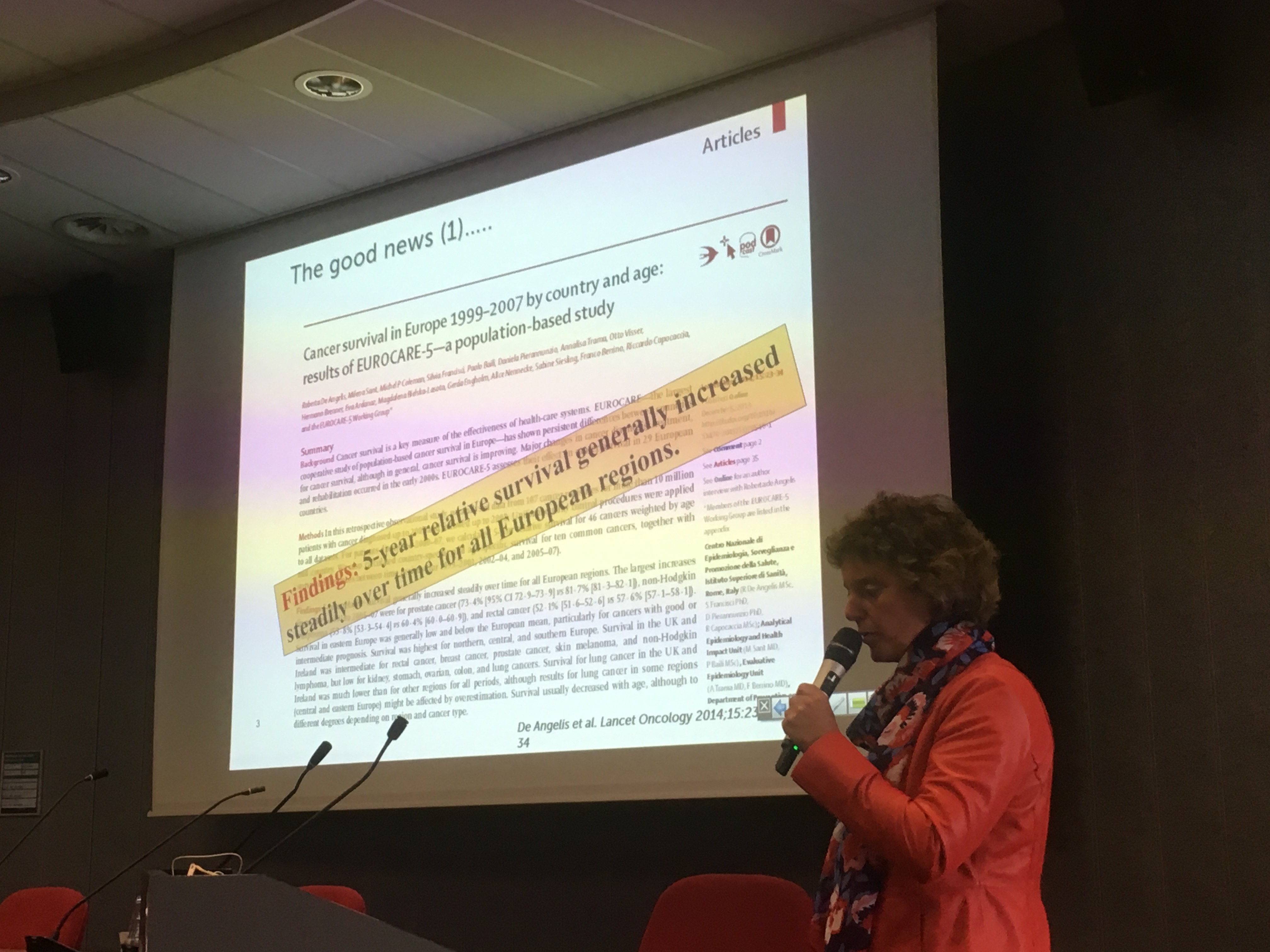Entries are now open for the 2019 Hippocrates Prize for Poetry and Medicine.
Since
its
launch
in 2009, the Hippocrates Prize has attracted around 10,000 entries from
over
70 countries, from the Americas to Fiji and Finland to Australasia. Entries
for the 10th annual Hippocrates Prize close on 14th
February (1st March for the Hippocrates Young Poet Prize).
Awards
in the Hippocrates Prize are for an unpublished poem in English of up
to 50 lines on a medical theme by entrants from anywhere in the world.
Previous winners have come from Canada, Hong Kong, New Zealand, the UK
and the USA.
With
a prize fund of £5500 for winning poems in the Open International
category and NHS category, and £500 for the Young Poets Award, the
Hippocrates Prize is one of the highest value poetry awards in the world
for a single poem.
Judges for the 2019 Hippocrates
international Open Prize and Health Professional Prize (deadline 14th
February) are UK journalist and broadcaster Kate Adie CBE, DL; American-Mexican
poet and novelist Jennifer Clement, International President of PEN
International; and physician Professor Dame Jane Dacre, who
is immediate past-president of the UK Royal College of Physicians in
London and a Professor of Medical Education. Jennifer Clement said: “When science
and poetry come together this often creates great literature.”
New Zealand poet and novelist Elizabeth Smither
will judge the Hippocrates international Young Poet Prize for Poetry and
Medicine. Elizabeth
Smither said: “Young poets have
something that old poets don’t. Freshness, wonder, passion before the
difficulty of being a poet is fully understood. No fear at looking at the blank
page or blank screen. The whole world of words at their feet.”
Co-organiser Donald Singer said:
“We are delighted to have such a distinguished panel of judges for the 2019
Hippocrates Prize. We are also grateful that the 2019 Hippocrates Awards
Ceremony will be hosted by the Centre for Life in Newcastle in partnership with
the Newcastle Centre for the Literary Arts.”
Centre Director Professor Sinéad Morrissey added: “The Newcastle Centre
for the Literary Arts is delighted to co-host this important international
poetry prize – one which is growing in status and reputation each year, making
vital contributions to both fields of knowledge.”
Co-organiser
Michael Hulse said: “Our tenth anniversary year promises to be one of real
distinction, and we look forward eagerly to reading the poems that take this
year’s prizes and commendations.”
Awards
in the Hippocrates Prize are for an unpublished poem in English of up to 50
lines on a medical theme by entrants from anywhere in the world. Previous
winners have come from Canada, Hong Kong, New Zealand, the UK and the USA.
The International Hippocrates Prize is awarded in three categories:
-
a £1000 first prize, £500 second prize and £250 third prize in the Hippocrates
Open category, which anyone in the world may enter. There are a further ~20
commendations in the Open category
- a
£1000 first prize, £500 second prize and £250 third prize in the Health
Professional category, which is open to Health Service employees, health
students and those working in professional organisations anywhere in the world
involved in education and training of health professional students and staff.
There are a further ~20 commendations in the Health Professional category
-
a £500 award for the Hippocrates Young Poets Prize for an unpublished
poem in English on a medical theme. Entries are open to young poets from
anywhere in the world aged 14 to 18 years. There are further commendations in
the Young Poets category. There is no entry fee for the Young Poets prize.
US
poet and 2018 Hippocrates Prize Judge Mark Doty said: “The humane and
moving work shortlisted for the Hippocrates Poetry Prizes testify to the power
of poetry to help us to negotiate the difficult in carefully crafted, artful
language”.
Australian doctor, poet and 2018 Hippocrates Prize
Judge Peter Goldsworthy added: “There are many species of poem (in the
2018 Hippocrates Prize entries) - dark, poignant, epigrammatic, celebratory,
funny. I applaud the poets for their creativity and compassion.”
Shortlisted
and commended poets will be informed by email and information about the
shortlist and the commended entries posted on the Hippocrates Prize website.
The winners in the 2019 Hippocrates Health Professional Prize will be announced
by the judges at the Hippocrates Awards ceremony on Friday 17th May 2019
in at the Centre for Life in Newcastle-upon-Tyne.
The Hippocrates Initiative for Poetry and
Medicine – winner of the 2011 Times Higher Education Award for Innovation
and Excellence in the Arts – is an interdisciplinary venture that investigates
the synergy between medicine, the arts and health.
Notes for editors
For more on the Hippocrates Prize
contact +44 7494 450805 or email hippocrates.poetry@gmail.com
2019 Hippocrates Judges
The 2019 Hippocrates Awards judging panel includes BBC journalist Kate
Adie from the UK, US-Mexican poet and novelist Jennifer Clement, and past-president of
the UK Royal College of Physicians Professor Dame Jane Dacre, for the International
Open and International Health Professional categories; and, for the Hippocrates
Young Poets Prize, poet and novelist Elizabeth Smither from New Zealand.
Kate
Adie became
a familiar figure through her work as BBC Chief News Correspondent. She is the
long-serving presenter of Radio 4’s From Our Own Correspondent and
a presenter or contributor to many other radio and television
programmes. She has served as a judge for the Orange Prize for Fiction,
now the Bailey’s, and the Whitbread, now the Costa Prize, and recently, the RSL
Ondaatje Prize. Kate was honoured with a Bafta Fellowship in 2018
and received a CBE in the 2018 Queen's Birthday Honours list. Other
awards include: Royal Television Society Reporter of the Year 1980, for her
coverage of the SAS end to the Iranian Embassy siege; Winner, 1981 & 1990,
Monte Carlo International Golden Nymph Award; The Richard Dimbleby BAFTA Award
1990.
Jennifer
Clement is the
President of PEN International and the first woman to be elected as its
President in 100 years. Under her leadership the PEN International Women’s
Manifesto was created. Clement has published four books of poetry
including The Next Stranger (with an introduction by W.S.
Merwin). She is the author of A True Story Based on Lies, The
Poison That Fascinates, Prayers for the Stolen and Gun Love.
She also wrote the acclaimed memoir Widow Basquiat on
New York City in the 1980’s and the painter Jean-Michel Basquiat. Her
books have been translated into 30 languages. She is the recipient of the Canongate
Prize, Sara Curry Humanitarian Award, the Gran Prix des Lectrices Lyceenes de
ELLE, a Guggenheim Fellowship, and an NEA Fellowship, and her books have twice
been a New York Times Editor’s Choice Book. Prayers
for the Stolen was both a PEN/Faulkner Prize and Femina Prize
finalist. Her recent novel Gun Love is an Oprah Book Club
Selection as well as being a National Book Award finalist. She lives in
Mexico City.
Elizabeth
Smither has
published 18 collections of poetry. She was New Zealand’s Poet Laureate from 2001
to 2003, and was awarded an Hon DLitt by Auckland University and the Prime
Minister’s Award for Literary Achievement in 2008. She also writes novels, journals
and short stories, and is widely published in Australia, Britain and USA. She
was awarded the Sarah Broom Poetry Prize in 2016 and her most recent poetry
collection, Night Horse, won the Ockham NZ Book Award for
poetry in 2018.
Professor Dame Jane Dacre DBE,
MD, FRCP is a UK consultant rheumatologist and Professor of Medical Education. She
is the immediate past president of the London Royal College of Physicians and
was vice chair of the Association of Medical Research Charities, Director of
University College of London Medical School, MD of MRCPUK and academic VP of
the RCP. She is the lead for the DHSC independent review into the gender pay
gap in medicine, and the President of the Medical Protection Society. She won
the medicine and healthcare category 2012 of Women in the City Woman of
Achievement Award; was named on the HSJ inaugural list of 50 inspirational
women in healthcare in 2013; was named in the science and medicine category for
people of influence Debrett’s 500 in 2015, 2016 and 2017; and
was named on the HSJ top 100 list from 2014 to 2017.
Organisers of the Hippocrates Initiative for Poetry and Medicine
Professor Donald Singer is a clinical pharmacologist and
President of the Fellowship of Postgraduate Medicine. His interests include
research on discovery of new therapies, and public understanding of drugs,
health and disease. Professor Michael Hulse is a poet and translator of German
literature, and teaches creative writing and comparative literature at the
University of Warwick. His latest book of poems, Half-Life (2013),
was named a Book of the Year by John Kinsella.
